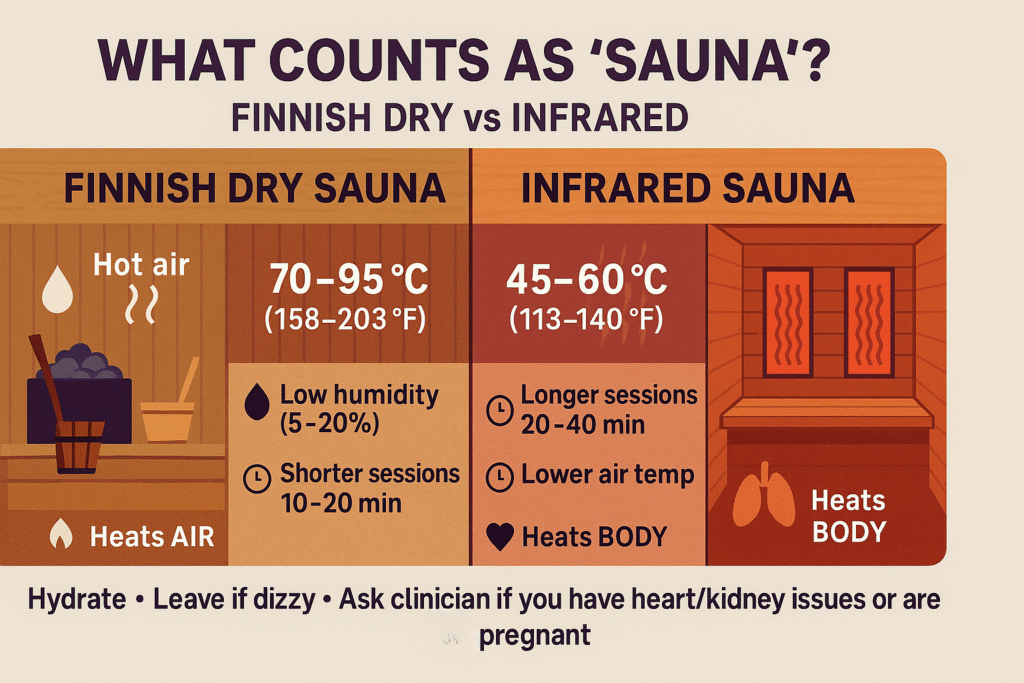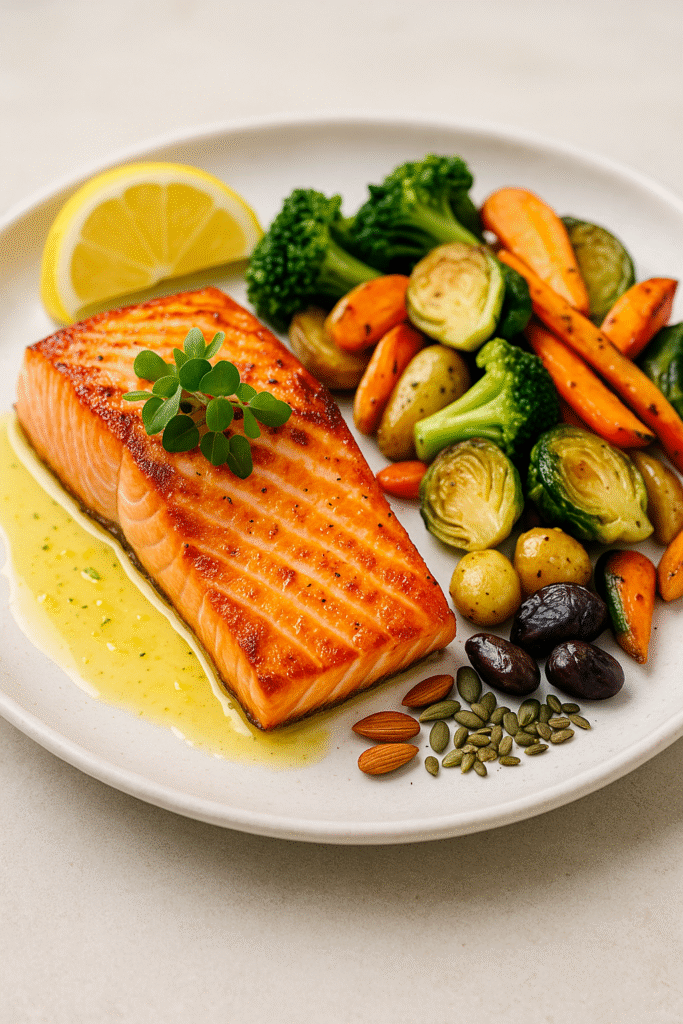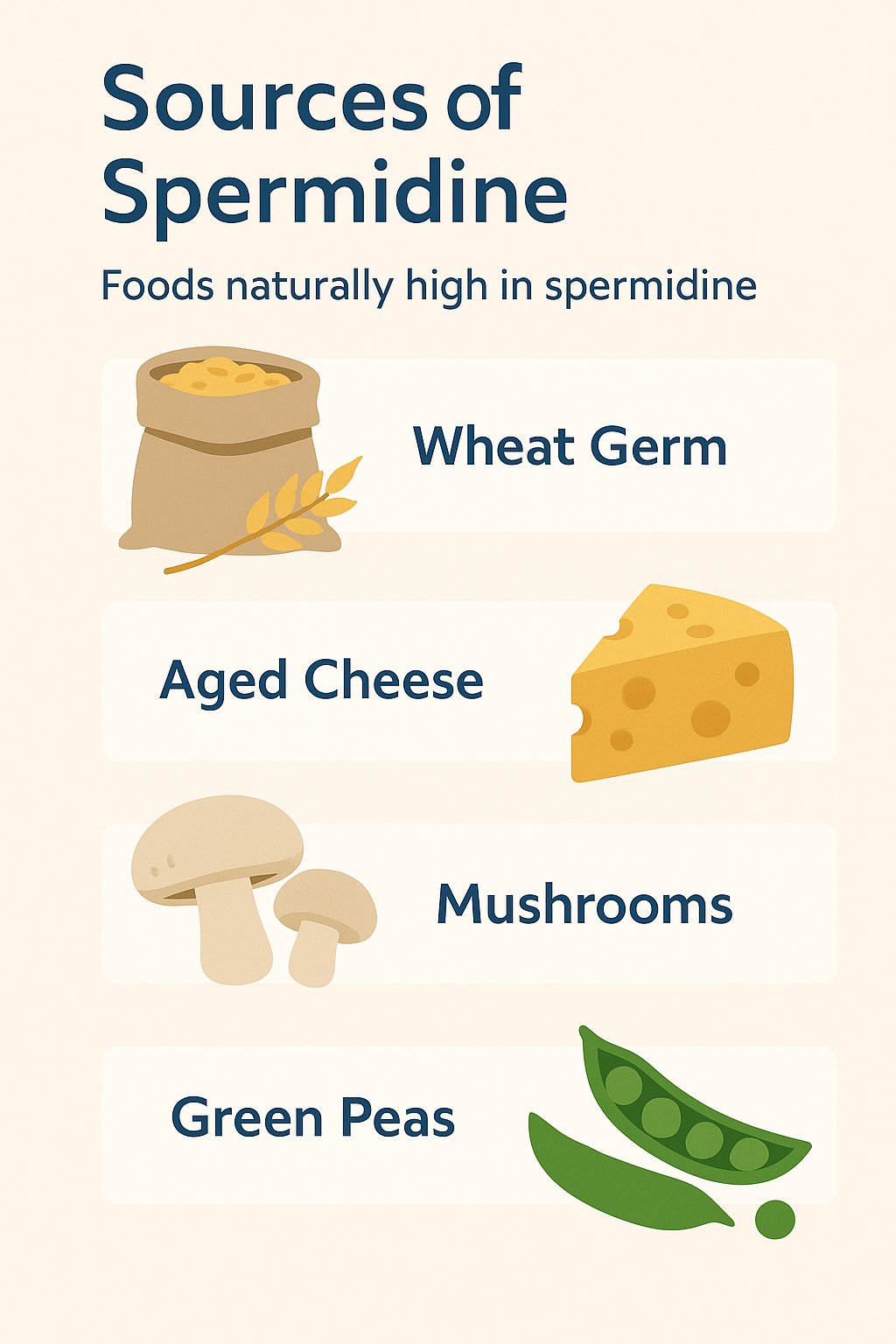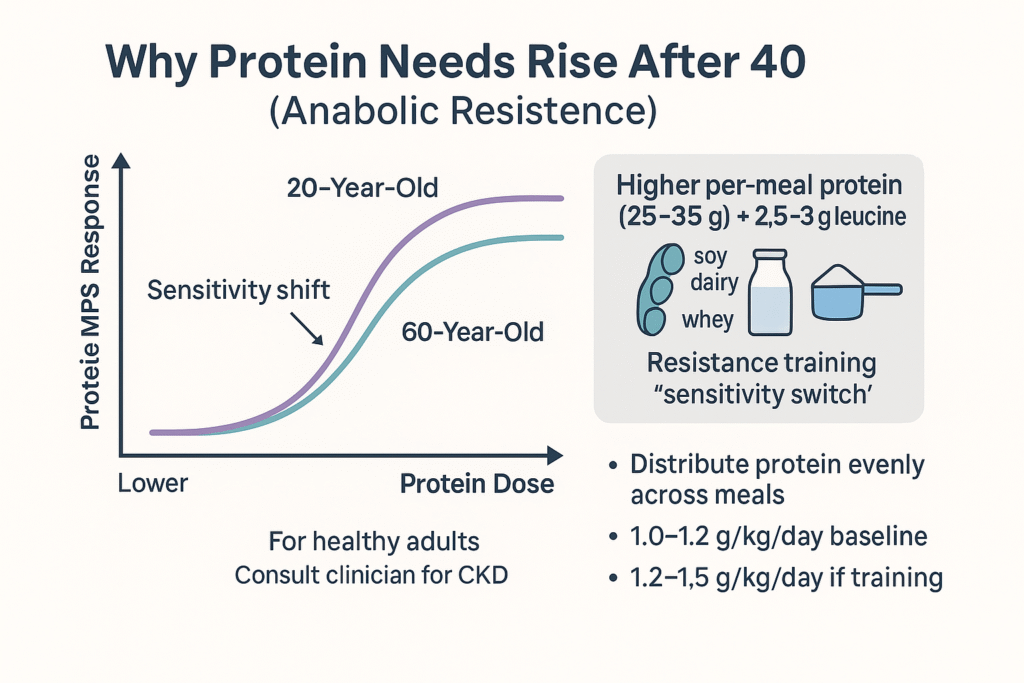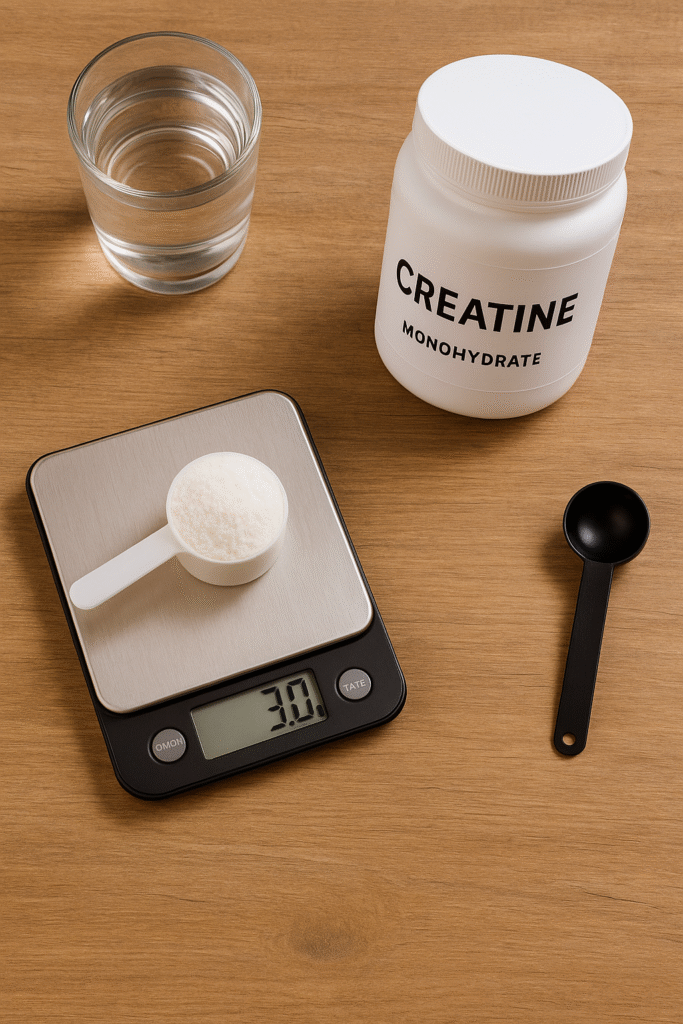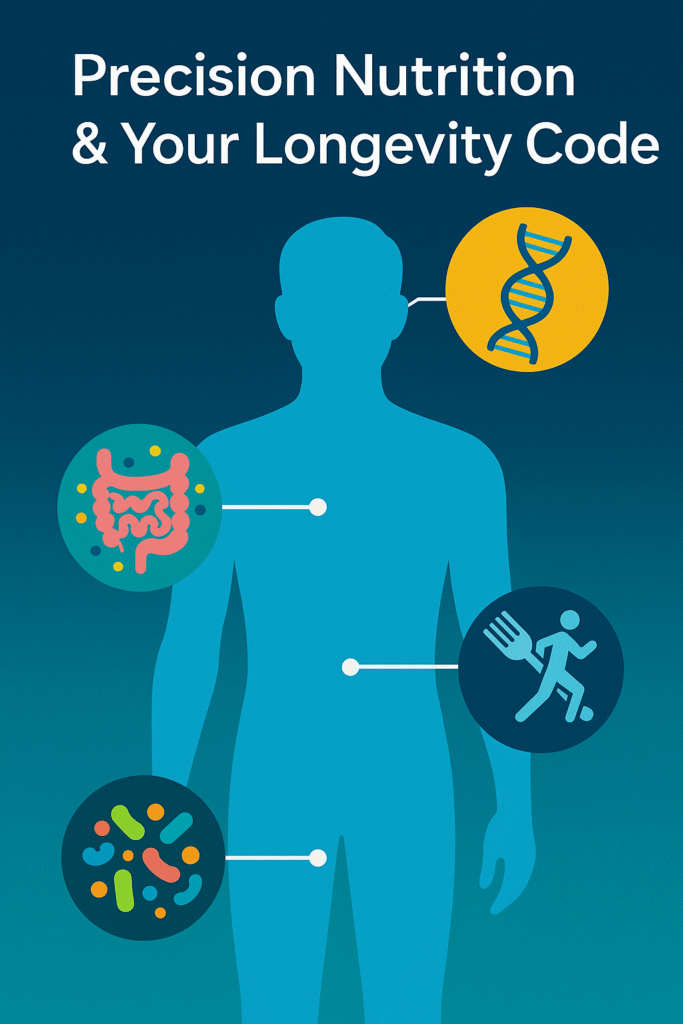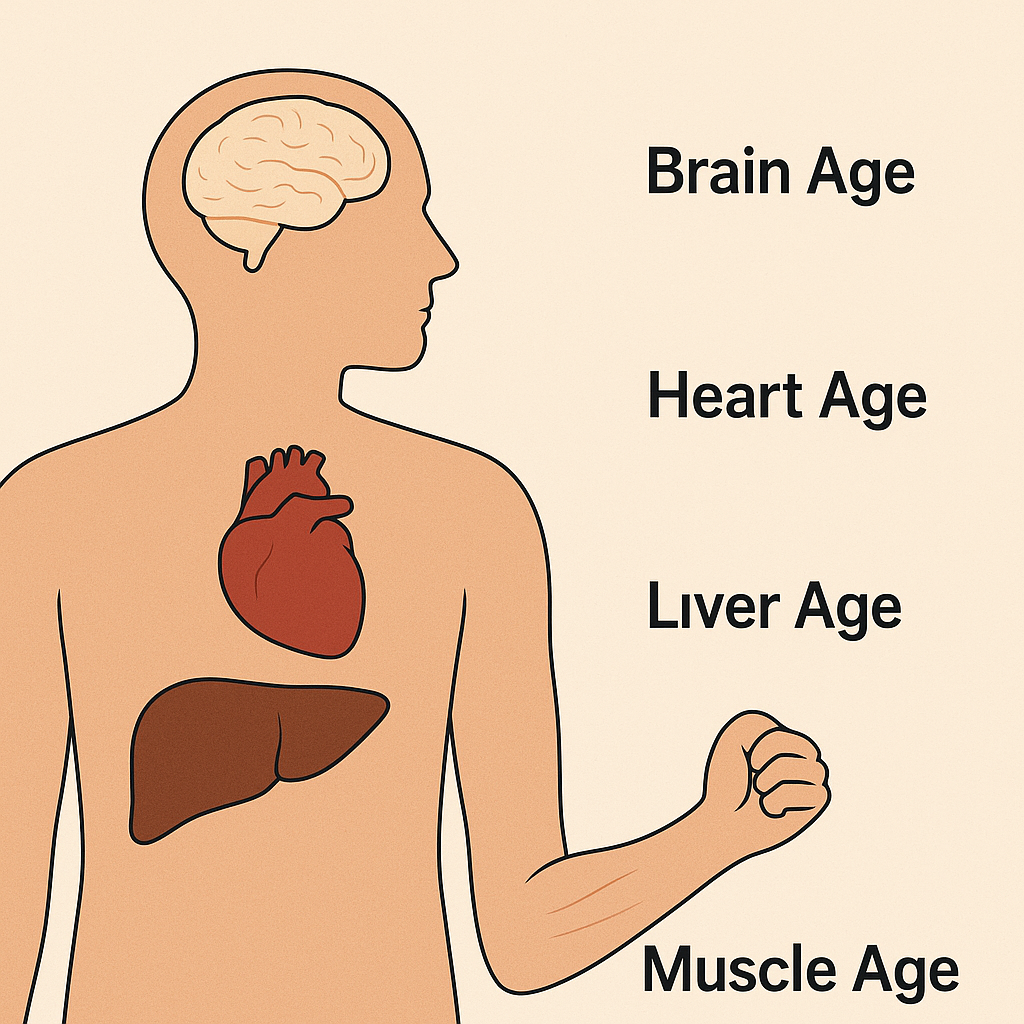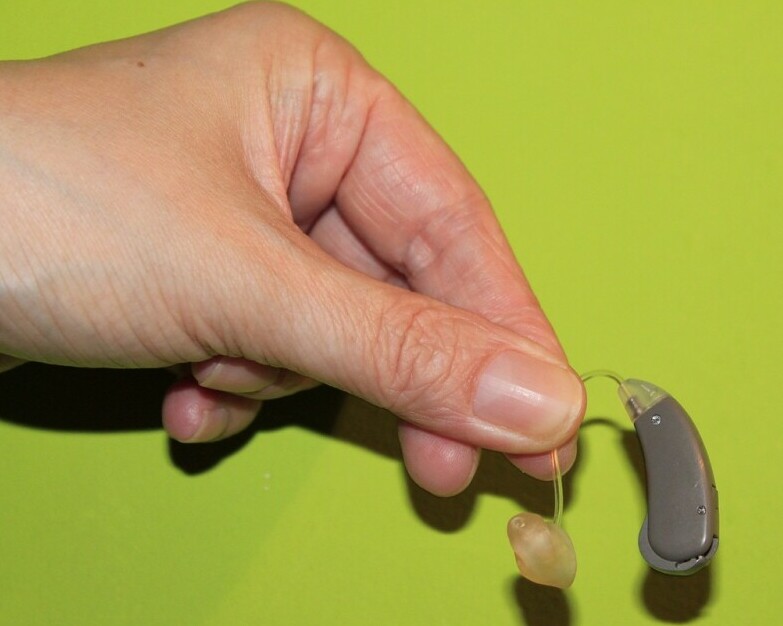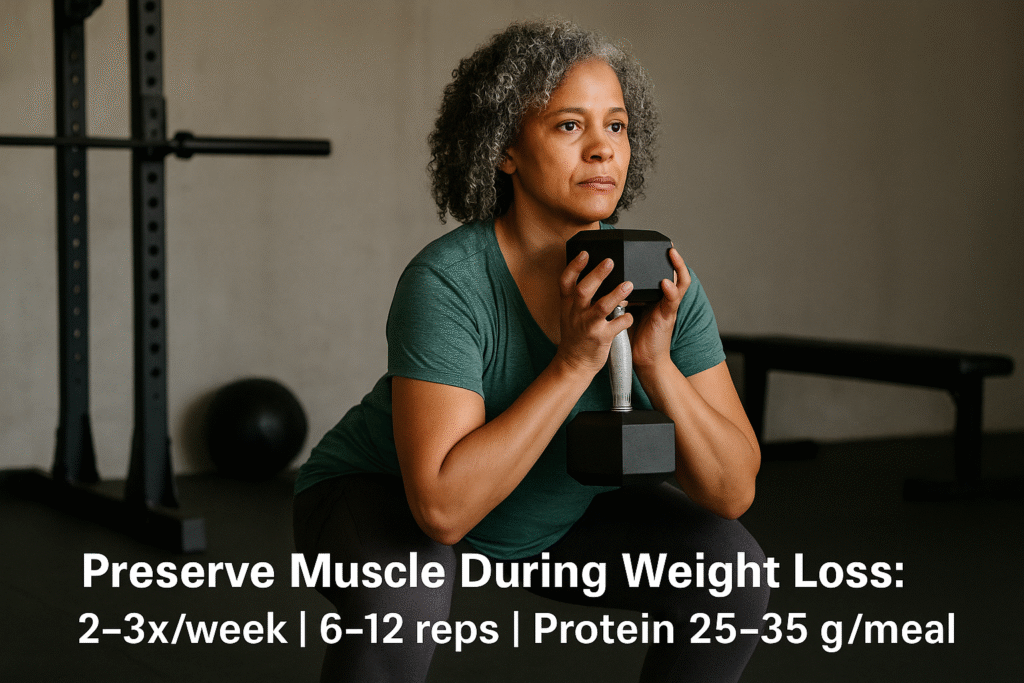Introduction: A Glimpse into the Fountain of Youth?
Have you ever wondered if the secret to reversing the clock on aging might be hiding in your evening glass of red wine? Resveratrol, a compound found in red wine, grapes, and berries, has sparked scientific interest due to its potential health benefits. This blog dives deep into the heart of resveratrol’s promise in the anti-aging arena, exploring how this intriguing substance might be more than just a part of your diet but a cornerstone in the quest for longevity.

Resveratrol and Aging: What Does the Science Say?
Summarization of Research Studies Exploring Resveratrol’s Effects on the Aging Process
Research into resveratrol has suggested that it might have the potential to extend lifespan and improve health during aging, though results are varied and often dependent on species and methods of administration. Notably, a seminal study on mice conducted by the National Institute on Aging found that resveratrol significantly improved the health and survival of mice on a high-calorie diet, suggesting it could mimic the effects of caloric restriction—known for its longevity benefits. The mice treated with resveratrol showed reduced signs of heart disease, better motor coordination, and stronger insulin sensitivity, compared to control groups.

Another pivotal study published in Cell Metabolism reported that when middle-aged mice were given resveratrol, they exhibited increased stamina, reduced inflammation, and enhanced mitochondrial function, all hallmarks of delayed aging. These mice displayed an endurance boost similar to that achieved with exercise, which further points to resveratrol’s potential as a modulator of age-related physical decline.
Check out this link to the video:
Discussion on Cellular Mechanisms Potentially Influenced by Resveratrol, Such as Sirtuins
Central to many discussions about resveratrol’s effects are the sirtuins—specifically SIRT1, a protein that plays a major role in cellular health by promoting DNA repair and regulating oxidative stress. Resveratrol is believed to activate SIRT1, thus mimicking the beneficial effects of calorie restriction at a molecular level. For instance, a study in Science highlighted that resveratrol activates SIRT1 directly, leading to enhanced mitochondrial function in cells, which is critical for energy production and may help delay the onset of age-associated diseases.
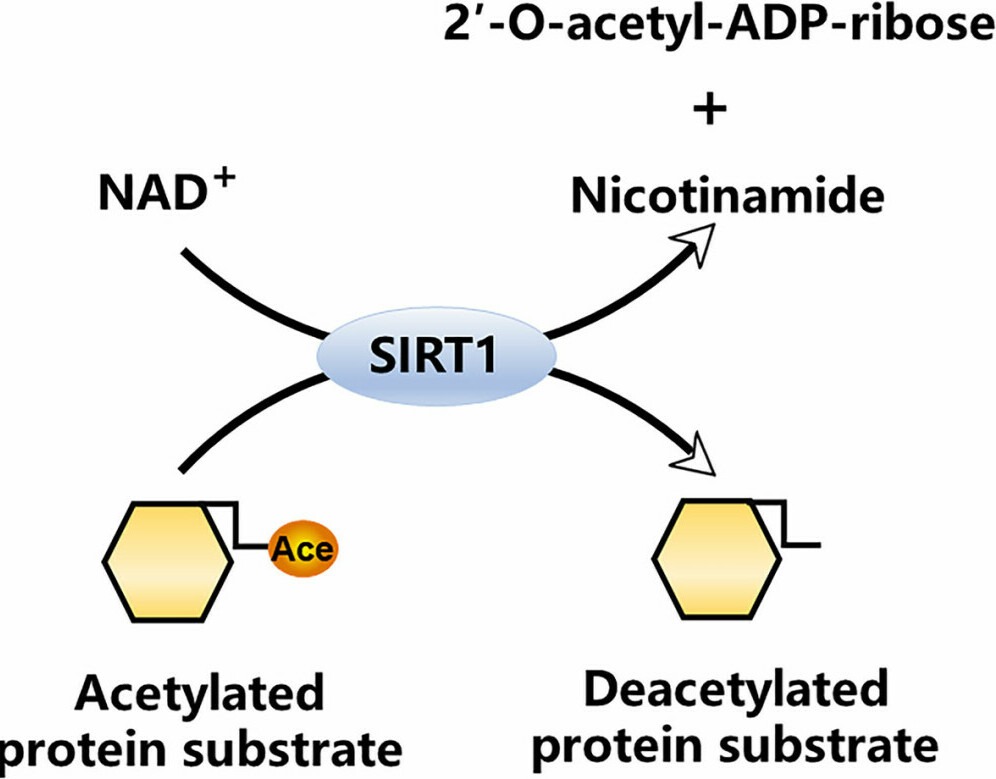
Furthermore, research indicates that resveratrol’s interaction with sirtuins not only helps protect cells from aging but also reduces the likelihood of chronic diseases such as diabetes and neurodegenerative disorders. For example, a clinical trial observed improvements in brain function and memory in older adults who took resveratrol supplements, suggesting potential neuroprotective effects likely mediated by sirtuin activation.
Critical Analysis of the Research Quality and the Expertise Behind the Studies
While the research on resveratrol is promising, it is crucial to critically evaluate the quality of these studies. Many studies often face limitations such as small sample sizes, short durations, or reliance on animal models that do not always accurately reflect human biology. For example, the impressive results seen in mouse models have not always been replicated in human trials, which raises questions about dosage, bioavailability, and actual applicability to human aging.
Additionally, discrepancies in outcomes across different studies highlight the importance of considering variables such as the source and purity of resveratrol, the age and specific health conditions of subjects, and other lifestyle factors that could influence the results. The heterogeneity in research designs also makes it difficult to draw definitive conclusions, necessitating ongoing research and more rigorous trials to ascertain the true impact of resveratrol on human aging.
Are We On the Brink of a Breakthrough in Aging?
As we uncover more about resveratrol’s potential, the excitement builds — could this be a breakthrough in anti-aging research, or are we chasing after an elusive dream? The journey through science’s cutting-edge reveals a complex picture of hope, skepticism, and the quest for concrete answers.
Real-world Impacts: Can You Rely on Resveratrol?
Examination of Anecdotal Evidence Versus Scientific Data on Resveratrol’s Efficacy
While some anecdotal evidence from individuals who have incorporated resveratrol into their diets suggests benefits such as increased energy levels and improved skin health, scientific data provides a more mixed picture. Personal testimonials often highlight improvements in vitality and even cognitive function, yet these accounts lack the controlled settings necessary to attribute effects directly to resveratrol. Rigorous clinical trials remain somewhat inconclusive, with some showing minor benefits while others detect no significant changes at all. This discrepancy highlights the need for more robust clinical trials and points to a gap between experiential claims and scientifically verified results.
The Role of Nutrition and Supplements in Age Management, and Where Resveratrol Fits In
Nutrition and supplements play significant roles in managing aging, but where does resveratrol fit into this complex puzzle? As part of a balanced diet, resveratrol could complement other health strategies aimed at reducing the risk of chronic diseases associated with aging. However, it should not be seen as a panacea; effective age management typically requires a holistic approach, including diet, exercise, and mental health strategies. The potential of resveratrol to contribute to this regimen exists, but it is just one piece of the broader lifestyle modification needed for healthy aging.

How Trusted Health Experts and Authorities View Resveratrol’s Use for Anti-Aging
Trusted health experts and authorities generally maintain a cautious optimism regarding resveratrol. They underscore the importance of comprehensive lifestyle approaches over reliance on any single supplement for anti-aging benefits. Most professionals recommend resveratrol as a supplementary addition rather than a primary intervention, often emphasizing the need for further research to clarify its benefits. Additionally, given the regulatory landscape where supplements like resveratrol are not as rigorously tested as pharmaceuticals, experts advocate for careful consideration and consultation with healthcare providers before incorporating such supplements into any health regimen.
Incorporating Resveratrol into Your Wellness Routine Responsibly
Guidelines on How to Safely Include Resveratrol in One’s Diet
For those interested in adding resveratrol to their wellness routine, it’s advisable to start with food sources like red wine, grapes, and berries, which provide resveratrol in small, regular doses. Supplemental forms should be approached with caution, considering their higher concentrations. When considering supplemental forms, there are various options available such as the one from Purity Labs which offer pure Trans-Resveratrol + Quercetin in capsule form. The other option is in powder form like the one from Micro Ingredients which offer pure Trans-Resveratrol in Micronized Powder form for better absorption and easier on the stomach.
Potential Interactions and Side Effects to Be Aware Of
Resveratrol can interact with various medications, including blood thinners and anti-inflammatory drugs, and could potentially affect hormone levels. Thus, awareness of potential interactions and side effects is crucial.
The Importance of Consulting with Healthcare Providers Before Starting Any New Supplement
Before starting any new supplement regimen, consulting with healthcare providers is essential to ensure it fits safely within your existing health plan and to discuss any potential interactions with current medications.
Conclusion: The Balanced Path to Anti-Aging
In conclusion, while resveratrol offers intriguing possibilities for slowing down the aging process, its efficacy and safety require careful consideration. Balancing optimism with scientific skepticism, resveratrol should be viewed as one part of a broader, holistic approach to health and longevity. As research continues to evolve, so too will our understanding of how best to harness the potential of this powerful compound in our quest for youthfulness.
Disclaimer: Some of the links displayed may be affiliate links, which means that if you click on the affiliate link, I may receive a small commission. The commission is paid by the retailers and at no cost to you which helps to support this channel with the growing content. Thank you! In addition, I am not a medical professional. Ideas presented in this article are for entertainment and informational purposes only. Please do your own due diligence and seek medical advice from a licensed healthcare professional before starting any new regimen, diets, supplements, or programs to ensure it is safe and suitable for your individual health needs and circumstances. No material on this video is intended to be a substitute for professional medical advice, diagnosis, or treatment. Always seek the advice of your physician or other qualified health care provider with any questions you may have regarding a medical condition or treatment.


